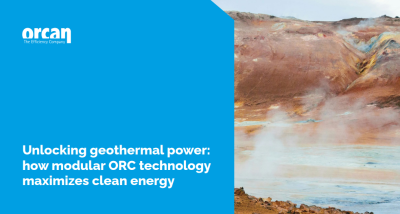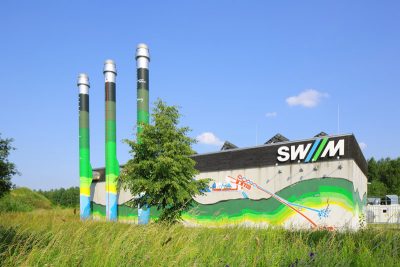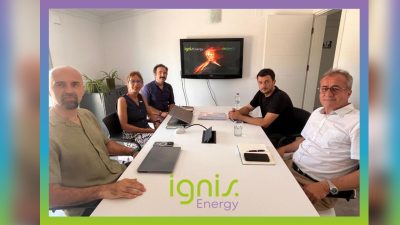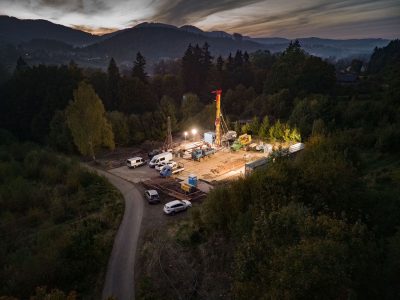News on permeability in granite good news for geothermal in the UK
Hopes have been raised for the viability of geothermal energy in the UK, after exploratory drilling in Weardale, County Durham, revealed record levels of permeability in granite, which could be good news for EGS development.
Reported by Renewable Energy World, “Hopes have been raised for the viability of geothermal energy in the UK, after exploratory drilling in Weardale, County Durham, revealed record levels of permeability in granite. Whilst the results are promising for the search for low carbon energy resources, they may have less welcome implications for safe disposal of radioactive waste in deep repositories.
Scientists from Newcastle University were investigating potential sources of geothermal energy, which is becoming increasingly popular in the search for low-carbon energy resources. Granite can be particularly useful as it can be rich in radioactive elements that generate heat as they decay. The permeability of the rock is important, as heat is extracted by pumping “working fluids” such as water into the rock and drawing it back up again.
“Hydrogeologists have traditionally viewed granite as poorly permeable, and this has led to a bit of a ‘counsel of despair’ over the chances of finding decent permeability in granite,” says Professor Paul Younger, who led the research.
“We decided to challenge that pessimistic assumption, to see if we could find permeability at depth. And, eureka, we found it: as far as we can tell, the highest permeability ever recorded for a granite anywhere in the world.”
The results were obtained by pumping naturally-occurring saline groundwater from an exploratory borehole and monitoring the change in water levels. A permeability of almost 200 darcies — a unit of permeability — was recorded. This is far higher than most prolific oil and gas reservoirs, and on a par with water wells in the Chalk that supplies London. The scientists believe the find is not unique to the Weardale granite, as there are similar granites worldwide which may display equally high levels of permeability.
“This is great news for geothermal energy because high natural permeability means that time and money won’t need to be sunk into artificially developing permeability by means of hydraulic stimulation — a costly and uncertain business,” says Professor Younger.”
Source: Renewable Energy World



















